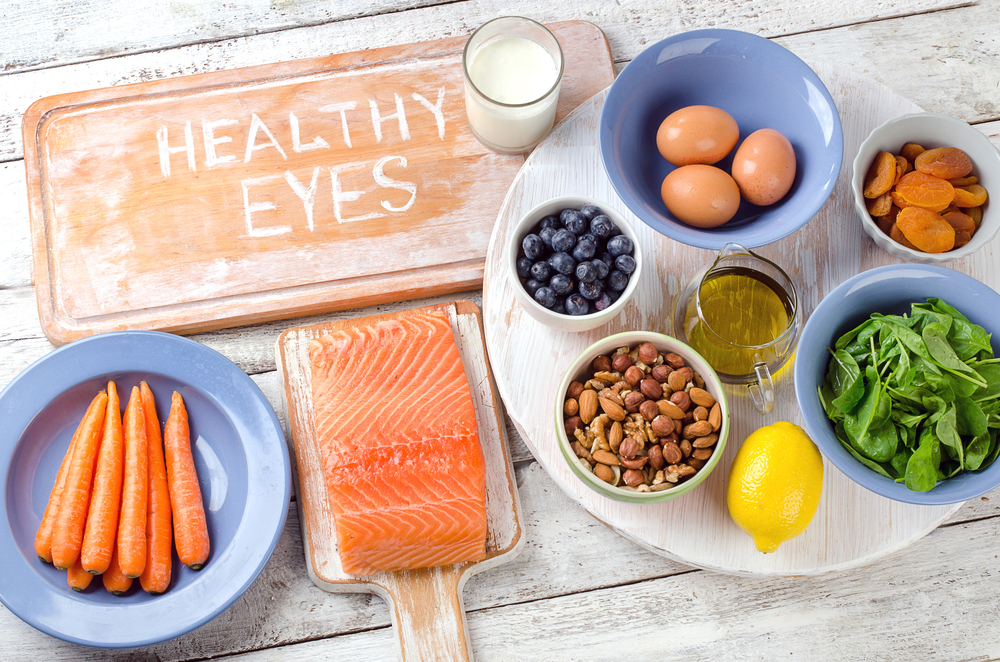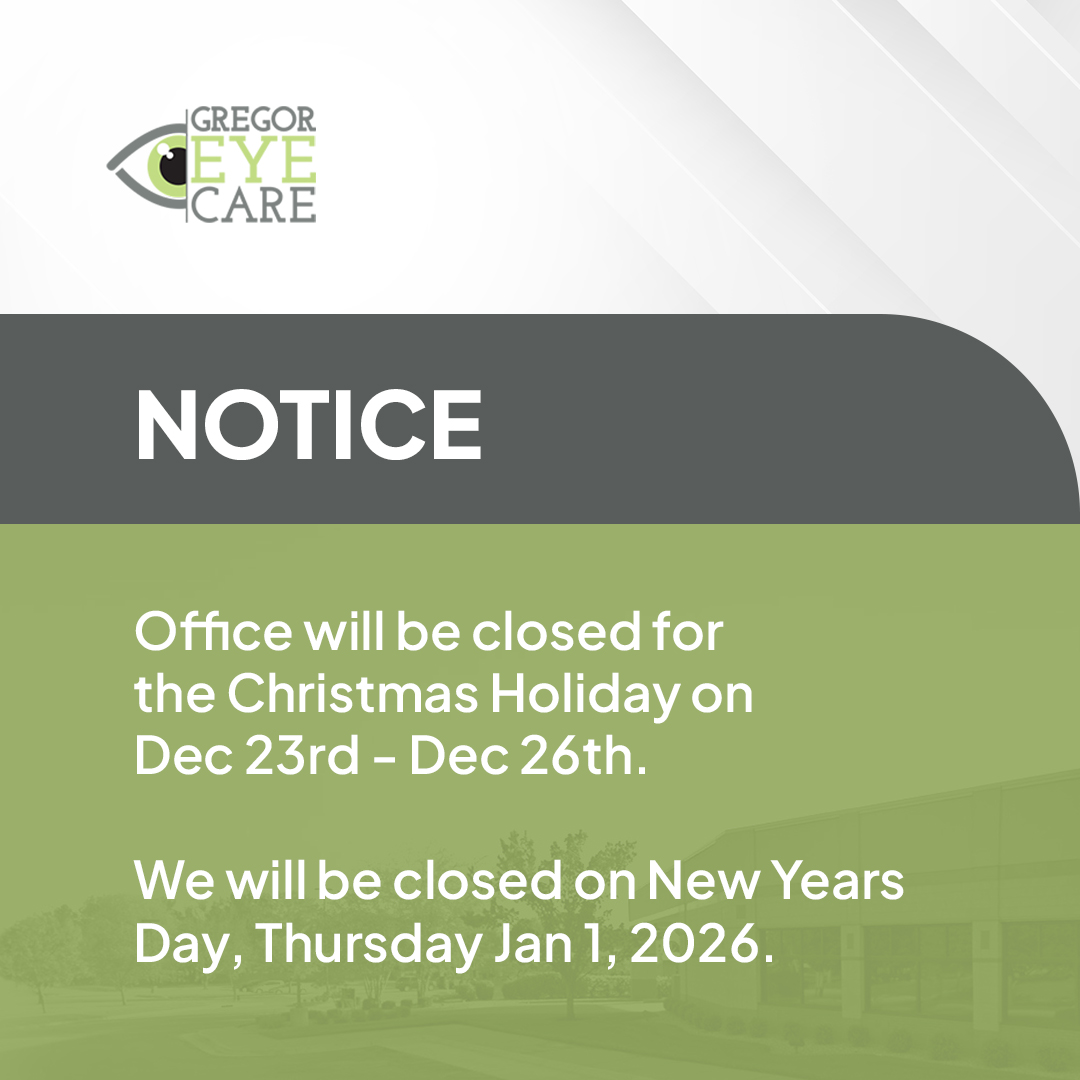
The role of your eyes cannot be emphasized enough. As arguably the most important sensory organs in your body, they require proper nourishment to maintain functionality and health. Many take their eyesight for granted without realizing that vision loss could be just a few steps away.
Nutrition plays a crucial role in maintaining eye health. Consuming a healthy diet helps prevent various eye conditions. Read on to learn more about the importance of nutrition for healthy eyes and the foods you can incorporate into your diet.
Vitamins and Minerals for Eye Health
A balanced diet ensures that your eyes receive the necessary nutrients for maintaining eye health. Vitamin A is crucial for preventing night blindness and maintaining good vision. It is in foods such as spinach, sweet potatoes, and carrots.
Vitamin C protects the eyes from damage from free radicals. Excellent sources of vitamin C include strawberries, bell peppers, and citrus fruits. Another helpful antioxidant is vitamin E. Leafy greens, seeds, and nuts are ideal sources of vitamin E. Zinc is essential for maintaining healthy vision. You can consume it in beans, beef, and oysters.
Omega-3 Fatty Acids
Omega-3 fatty acids are polyunsaturated fat. They are essential for maintaining eye health. They help in retina development and can prevent dry eye syndrome and age-related macular degeneration. Omega-3s are in fish such as mackerel, sardines, and salmon. Plant-based sources such as walnuts, flaxseeds, and chia seeds are for people who do not eat fish.
Lutein and Zeaxanthin
Your eye lens and retina have carotenoids called lutein and zeaxanthin. They act as antioxidants and protect your eyes from the damage caused by blue light. Lutein and zeaxanthin protect your eye health. Consuming them prevents eye problems like cataracts and age-related macular degeneration. You can find them in foods like spinach and kale.
Hydration
Dehydration can cause dry eyes, which leads to discomfort and vision problems. Prioritize drinking at least eight glasses of water daily to maintain proper hydration. You can try hydrating from low-sugar beverages, fruit-infused water, and herbal teas if you do not enjoy drinking plain water.
Foods to Avoid
There are foods you should limit or avoid in your diet to protect your eye health. Eating fried, processed foods high in saturated fats is harmful. Avoiding them lessens your chances of developing severe eye diseases. These include age-related macular degeneration and cataracts. Excessive sugar consumption also leads to diabetes with its associated risk of diabetic retinopathy. Limit your intake of these foods and consume a healthy and balanced diet.
Supplements
Eating whole foods is best to ensure your body receives the essential nutrients for eye health. Otherwise, supplements may be necessary. Your healthcare provider can recommend them if you have a specific nutrient deficiency or cannot consume some foods.
It is crucial to schedule regular eye exams in addition to consuming a healthy diet. Eye exams help detect early signs of eye conditions for prompt treatment to prevent vision loss. Experts recommend comprehensive eye exams every one to two years. The frequency also depends on your medical history and age.
For more about nutrition for healthy eyes, visit Gregor Eye Care at our office in Overland Park, Kansas. Call (913) 685-0212 to book an appointment today.









